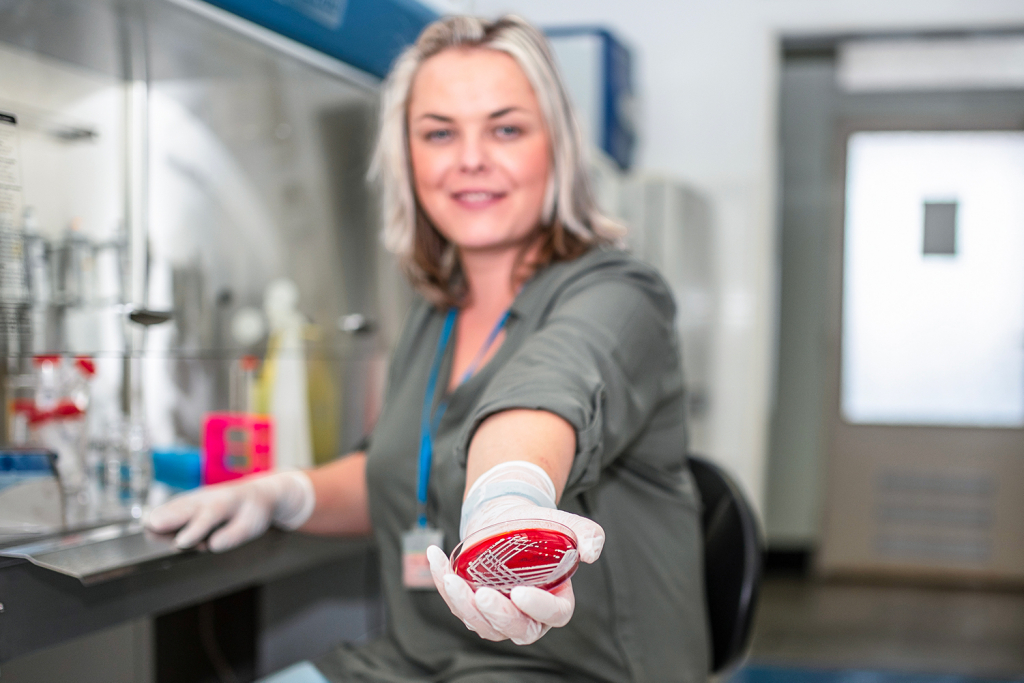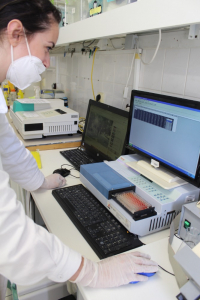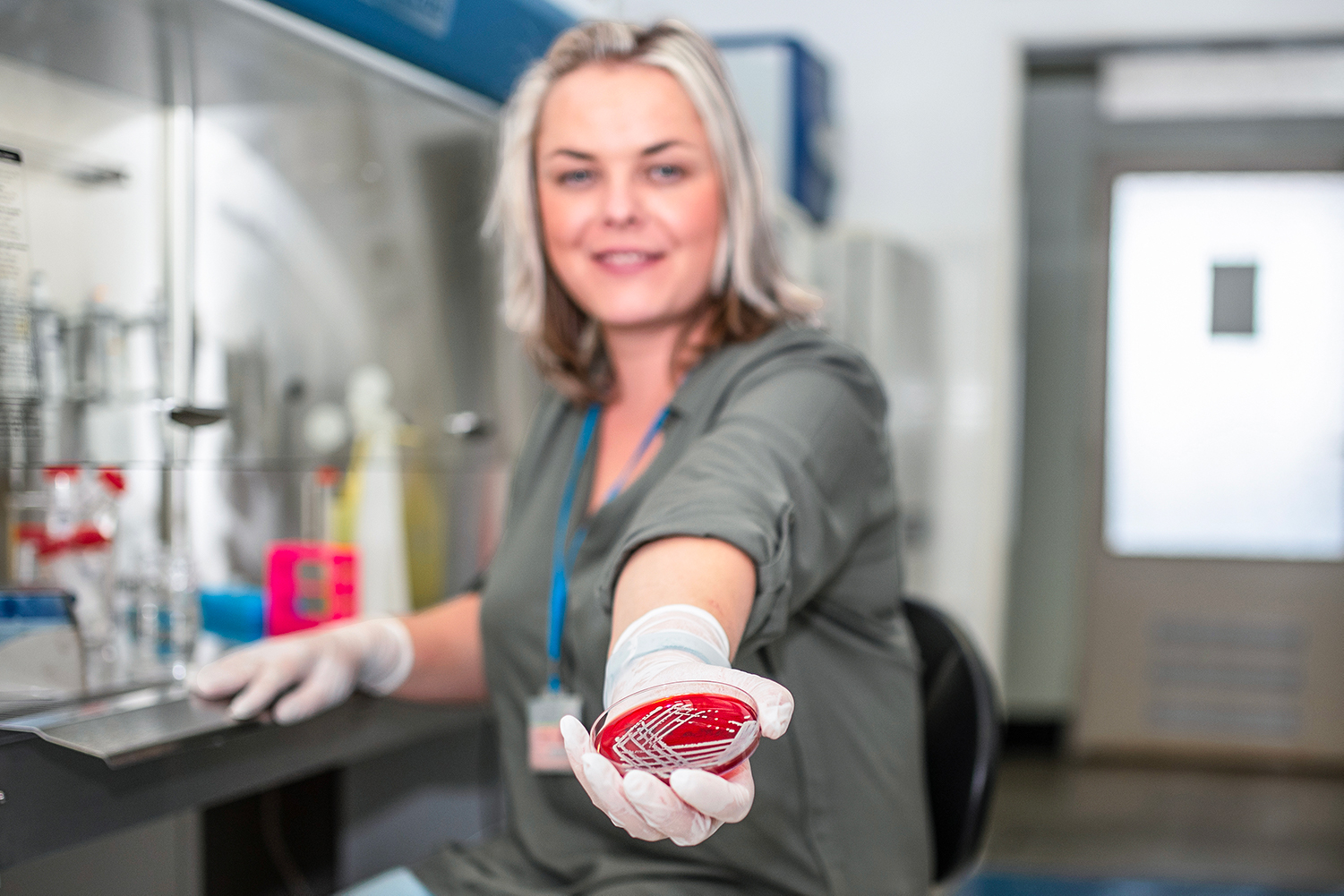
Farmers have been using zinc in livestock for more than a decade as a substitute for antibiotics, growth promoters and prophylactic drugs. Zinc serves to prevent the formation and spread of diarrhea among piglets weaned from sows. However, repeated zinc loading can induce resistance to antibiotics and the spread of resistance genes into the environment, which can have a very serious impact on the trophic chain and human health. Researchers from our Department will now focus on this problem.
Zinc oxide in pigs breeding has replaced antibiotics that were banned in the European Union as a growth stimulant and prophylactic drug in 2006. When the pig is weaned from the sow and is no longer fed on breast milk, it switches to a solid diet and there is a risk of diarrhea caused by the bacteria Escherichia coli. “Antibiotics previously used mainly as a growth stimulant also served as a preventive therapy. However, in the past, the use of antibiotics for this purpose has been controversial. The administration of antibiotics to livestock, especially at therapeutic doses, poses certain risks to human and animal health. The same goes for zinc. Zinc is used as part of a diet in high concentrations for a number of days. It induces resistance, so that the surviving intestinal bacteria become resistant not only to zinc but also to antibiotics without the animal being a direct antibiotic in direct contact. We know how antibiotics work, but how metal-induced resistance to antibiotics is still needed to be investigated, ”explains Kristýna Doleželíková, whose team will now focus on the problem.
A similar process takes place not only by the action of agricultural pollutants on microorganisms in the environment, but also by other residues occurring in nature as a result of industrial activity. Microorganisms enter the food chain, and although they are reduced, for example, by pasteurization, DNA that carries resistance will still be present. “It’s simply that when we get infected with a bacterium that is commonly treated with antibiotics, the bacteria in the gut pass on resistance genes and I can’t cure them with the antibiotic anymore,” said the scientist.

Experts from our Department will use modern sequencing technology to detect the effects of agriculturally used zinc, which can det ect the formation of mutations in DNA. “In addition, we will also analyze bacterial proteins and metabolic intermediates using mass spectrometry. Both approaches will clarify what cellular changes in bacteria occur under the influence of agricultural chemistry and what impacts are associated with this problem, “said Doleželíková.
Researchers will investigate not only zinc oxide but also its nanoparticulate alternative. “So far, the results have led us to believe that zinc oxide increases the risk of antibiotic resistance more than its nanoparticle alternative. These data now need to be confirmed and explained by deeper analyzes, ” said the scientist, with the aim of understanding the emergence of bacterial resistance to cantibiotics by long-term pressure from agriculturally used zinc and comparing the impact of its nanoparticle alternative. “Thanks to the mentioned analyzes, we will be able to study these mechanisms at the level of bacterial cell biochemistry,” said Doleželíková.
Our researchers will be dealing this burning issue thanks to the internal grant project MENDELU Igráček funded by the Operational Program Research, Development and Education. They have less than CZK 2,5 million for the project, it includes all analyzes, consumables, chemicals, educational activities, publication costs, scholarships, a short-term internship of the main researcher etc. The project involves 5 doctoral students and their mentor. “In our case, we are still cooperating with Mendeleum – the Department of Genetics at the Faculty of Horticulture and the Department of Molecular Biology and Radiobiology at the Faculty of AgriScience,” added Doleželíková.
For more info:
Ing. Kristýna Doleželíková, Ph.D., kriki.cihalova@seznam.cz, Laboratory of microbiology
